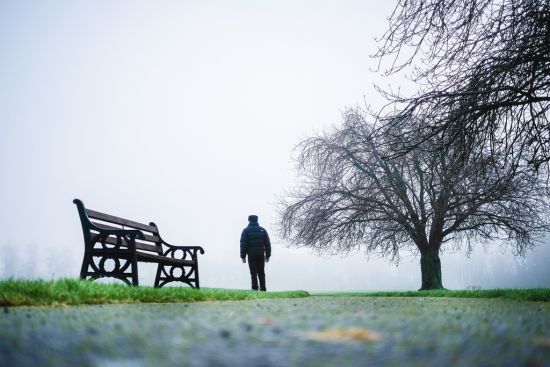
A few months ago someone asked me to point them to everything I’ve written about patience: what it is and how to develop it. I don’t think I’ve ever addressed the topic directly, even though I’ve danced around it a lot.
I now consider patience to be a pretty fundamental life skill, one which directly determines whether a particular elevator ride, social event, drive home or post office visit is an easy experience or an awful one. Whether we can be patient or not is a high stakes matter, because life is at least 90% those kinds of experiences.
I guess some amount of patience develops inevitably, as you get older and gradually realize how self-defeating it is to revile the present, since you spend every instant of your life there.
Still, I can’t recall ever being explicitly taught patience, only being commanded to “be patient!” by teachers, parents and other authority figures. I suspect most people learn the concept in exactly this sort of context, as something that’s no fun at all yet is deemed necessary by adults for reasons they can’t explain, like “work” or “honesty”.
And of course they don’t tell you how. Nevertheless, over the decades I have caught on to its uncanny ability to make life vastly less painful, and have even learned to cultivate it on purpose. So I will tell you what I know, inquiring reader from months ago, and anybody else who’s interested. Apologies for the wait.
Patience is really nothing more than the willingness to live life at the speed at which it actually happens. And of course, life only ever happens at the speed at which it actually happens, whether what’s currently happening is fun or not.
However, our willingness to accept that reality isn’t something we do automatically, and that willingness makes a huge difference to the quality of our experience in life.
Sometimes we can speed up the boring or unpleasant parts with a timely request or suggestion, but impatience doesn’t exactly help us do that. Stewing in a queue doesn’t make it move more quickly, it just makes the time you’re already spending there more unpleasant.
This kind of stewing is just a basic urge to deny reality, which—I’m very sorry—includes many stretches where we are not getting what we want, where no uncertainty is being resolved and no wishes are being fulfilled.
That’s not ideal, but what makes those dry stretches go from unremarkable to insufferable is our trying to live as though they shouldn’t exist, like they’re some kind of cosmic mistake. What? The plane needs some unexpected maintenance? I didn’t agree to that! Read More

 I'm David, and Raptitude is a blog about getting better at being human -- things we can do to improve our lives today.
I'm David, and Raptitude is a blog about getting better at being human -- things we can do to improve our lives today.
This article was great timing and a reminder of Camp Calm. I did it years ago and just restarted it today. Such a wealth of information and practices, and the format of a camp experience makes it fun and engaging. I am an experienced meditator but maintaining...